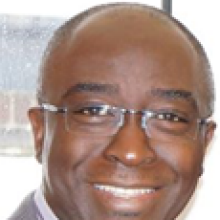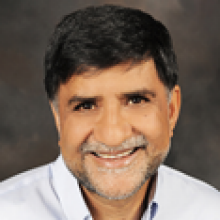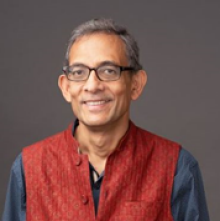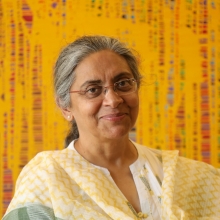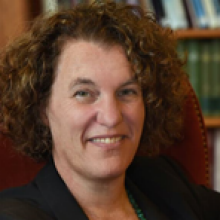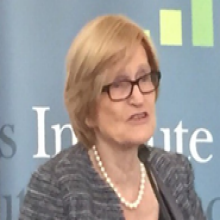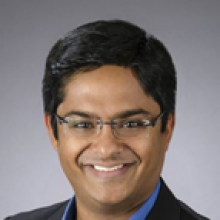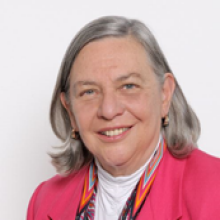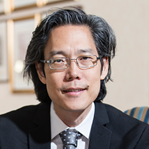The new Global Education Evidence Advisory Panel (GEEAP), co-hosted by the Foreign, Commonwealth & Development Office, UNICEF, USAID, and the World Bank fills a need in the education sector. Advisory panels are common in the health field, for example. Because this new international panel consists of leading researchers and practitioners who have contributed to and applied the burgeoning evidence base in education, its recommendations will both have a sound evidentiary basis and be credible to the intended audience. This Panel is thus well positioned to influence policymaking in the way that other bodies do.
Panelists have been selected for their expertise in generating and using good evidence in education. The panel’s size is set at between 10 and 15 members, large enough to allow a wealth of diverse experiences but small enough for vigorous discussion. Membership is drawn from among economists, educationalists, psychologists, and policymakers. The panelists already participate in many other networks and panels, including domestic advisory panels and topic-based panels. The GEEAP aims to knit together that expertise into a global group that can provide guidance on education broadly for low- and middle-income countries.
A full list of panel members can be found further below.
The Panel is releasing its first recommendations on the Smart Buys in education for low- and middle-income countries.
To inform countries’ decisions about where to allocate their budget and reform efforts, the report groups education programmes into the following tiers of cost-effectiveness:
- “Great buys”— these interventions are highly cost-effective and are supported by a strong body of evidence.
- “Good buys” — where there is good evidence that these interventions are cost-effective.
- “Promising but limited evidence”—for these approaches, there are some rigorous studies that show high levels of effectiveness, but evidence on cost-effectiveness or examples of implementation at scale are lacking.
- “Effective but Relatively Expensive” – interventions with good evidence that they are effective, but they are a relatively expensive way to deliver learning outcomes. They might be appropriate for school systems with larger budgets or to achieve non-education objectives.
- “Bad buys”—cases where strong, repeated evidence shows that these programmes have not worked in the past in many situations or are not cost-effective.
The Panel’s previous report on Prioritizing Learning During COVID-19 focused on the most effective interventions to keep children learning during and post-pandemic
Its first report on Smart Buys in education for low- and middle-income countries was published in 2020.

